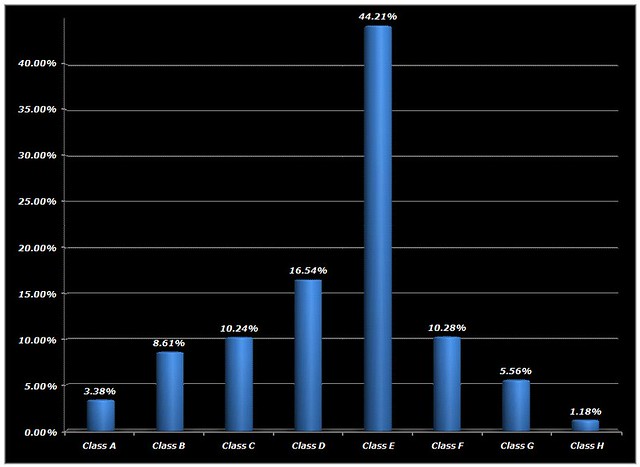Originally posted by Wickerman
View Post
I don’t know if that’s true for situations they don’t choose or create, and in which they turn out to be the ones being attacked themselves. Even if they carry knifes. I certainly don’t think that, even with a 6’’ knife, Mr. A would have had the upper hand in a confrontation with one of the gangs operating in the district.
Still, it would be foolish to walk around with your coat open to display a thick gold chain, also in light of the fact that it was cold and possibly wet. I can imagine that you wouldn’t want to be disturbed by a mugger, let alone a gang of them, on your way to create your 'master piece'.
All the best,
Frank






 I always find yours well argued and referenced and to the point too.
I always find yours well argued and referenced and to the point too.
Leave a comment: